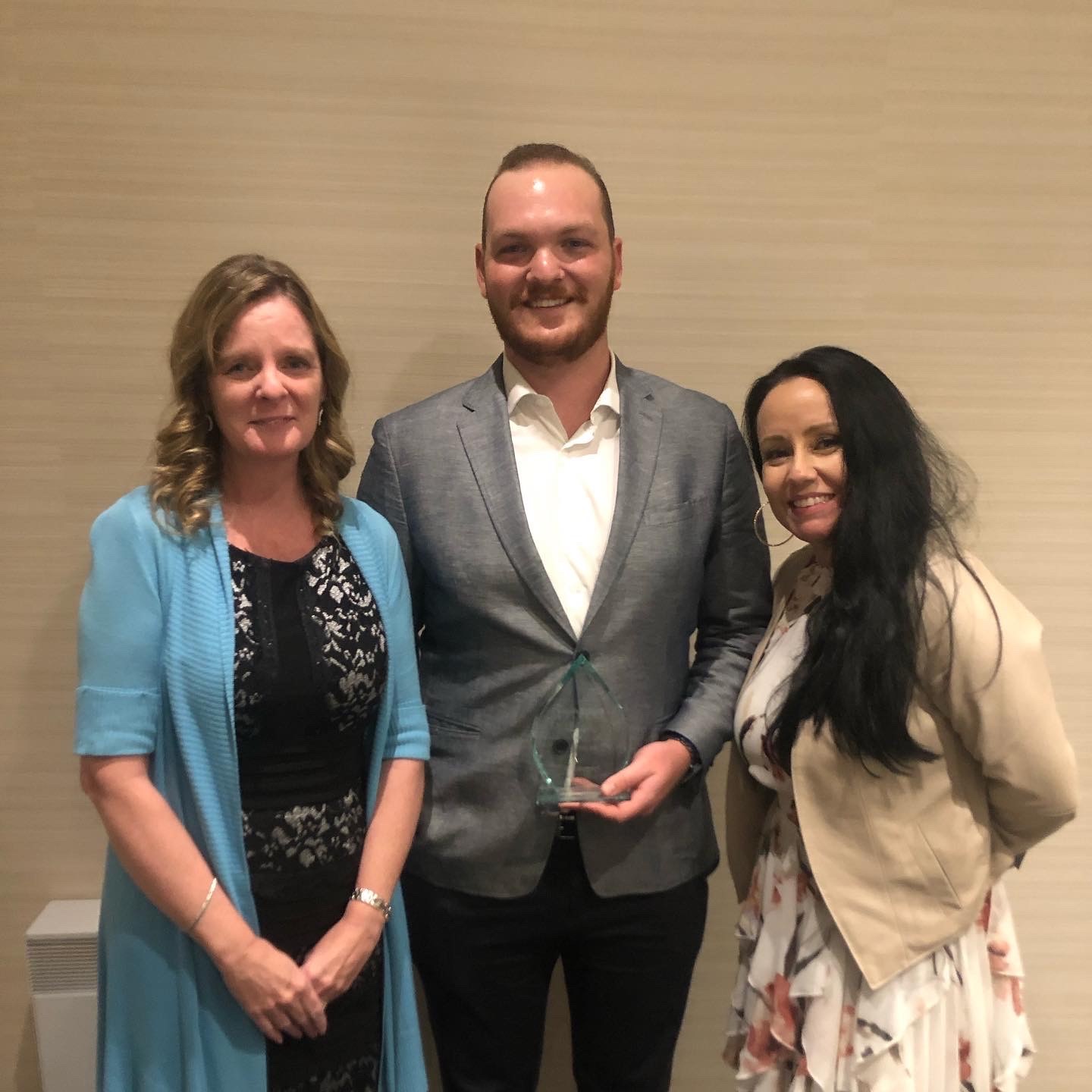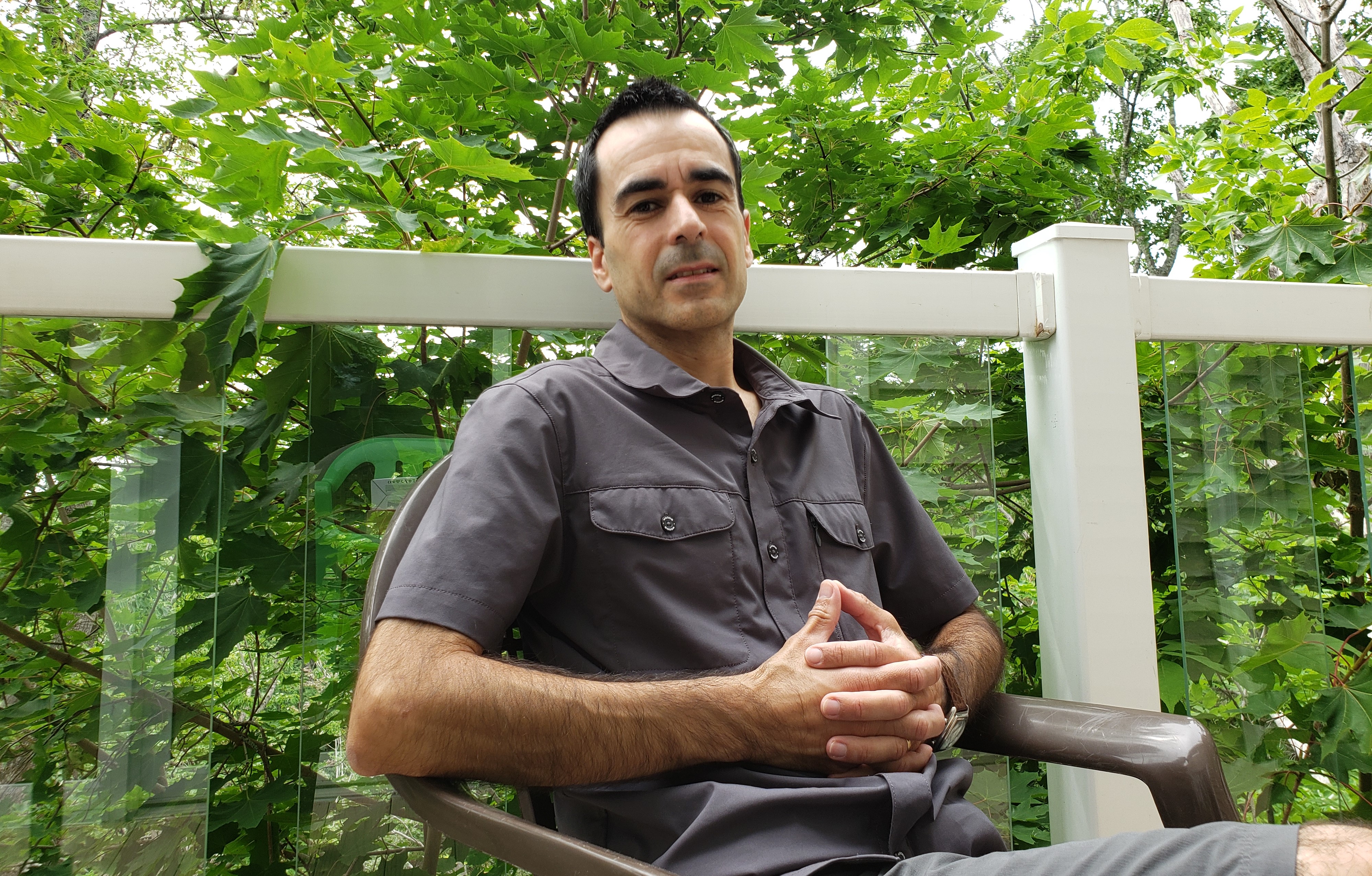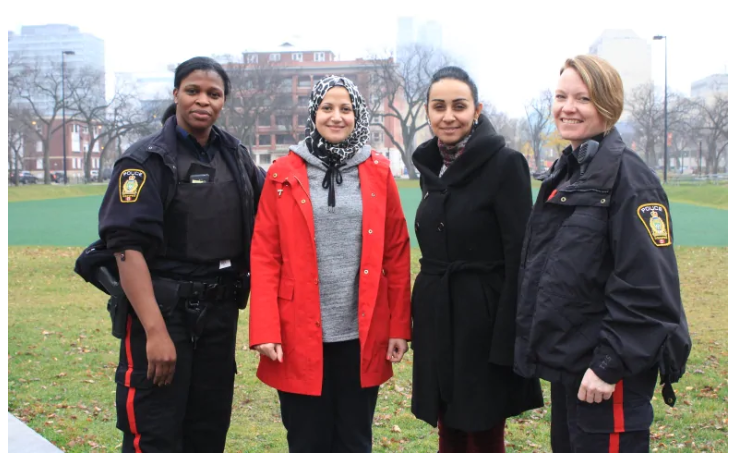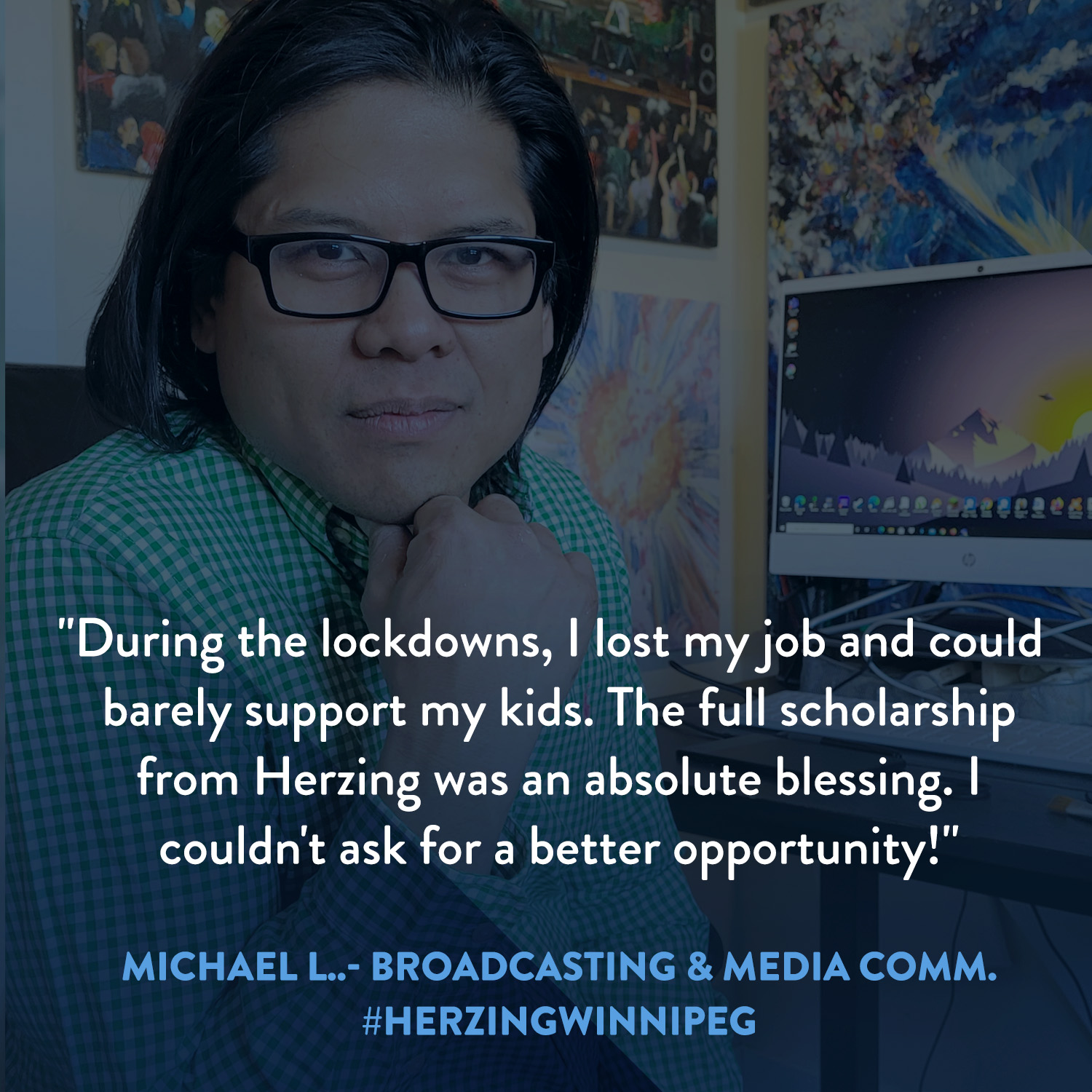Kierstin Whitney didn’t always have a clear focus for her career path. She just knew that she wanted to have a positive impact on people’s lives.
After high school, she worked a bunch of different jobs, taking note of what she enjoyed and looking for new opportunities to grow and learn. She finally realized her true passion was health and safety.
It was intimidating to go back to school, but she knew she needed some specialized training. She took the leap, enrolled in the online OHS program through Herzing College—and never looked back.
We caught up with Kierstin to find out how she found the whole experience.
Here’s how that conversation went.















